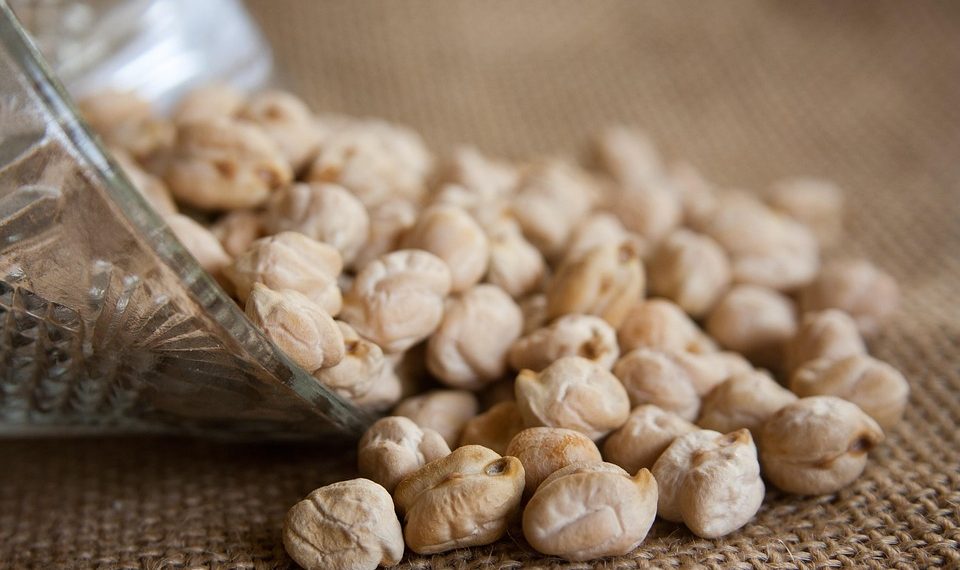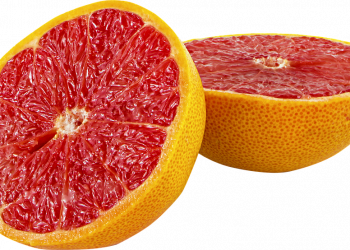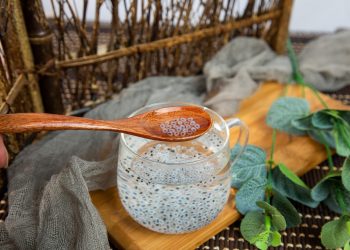5 Reasons Chickpeas Can Boost Your Testosterone and Improve Your Health
Do you find yourself reaching for processed snacks filled with sugar or unhealthy fats when your energy dips? You’re not alone. Many struggle to maintain healthy energy levels, and often, a low-energy state can be tied to hormonal imbalances, including testosterone. Interestingly, a simple kitchen staple could offer a solution. Enter chickpeas—a humble yet nutritious legume that packs a notable punch when it comes to your testosterone levels and overall well-being.
This article explores the unique benefits of chickpeas concerning testosterone production and health, helping you understand why you might want to include them in your diet.
The Testosterone Connection: Why It Matters
Before diving into the specific benefits of chickpeas, it’s essential to understand testosterone’s role in the body. Testosterone is a vital hormone that plays numerous roles, including muscle growth, fat distribution, energy levels, and even mood regulation. Low testosterone can lead to fatigue, decreased libido, and even mood swings.
When considering food sources that could support testosterone production, chickpeas stand out for several reasons:
1. Rich in Zinc: A Key Mineral for Testosterone Production
Zinc is crucial for testosterone synthesis. Many studies have shown that adequate zinc levels are associated with optimal testosterone levels in men. Chickpeas are a great plant-based source of zinc, providing about 1.3 mg per 100 grams.
A study published in the Journal of Nutrition found that zinc deficiency could lead to lower testosterone levels in young men (Prasad, 1996). Thus, incorporating chickpeas into your diet can help ensure sufficient zinc intake, potentially supporting healthy testosterone levels.
Limitations: While chickpeas are a good source of zinc, they should not be your only source. Other foods rich in zinc include meats, fish, and nuts. A balanced diet is key.
2. High in Protein: Supporting Muscle Mass
Testosterone is often linked to muscle strength and mass. A diet rich in protein can help maintain muscle while also promoting healthy testosterone levels through muscle recovery and regeneration. Chickpeas offer approximately 19 grams of protein per cooked cup.
In a study published in the American Journal of Clinical Nutrition, researchers found that protein intake was directly linked to increased testosterone levels in healthy, active individuals (Krebs-Smith et al., 2018). So, adding chickpeas can provide a plant-based protein source that helps you maintain muscle mass while also possibly boosting testosterone.
Consideration: Those with certain diets (like vegan or vegetarian) may especially benefit from includes chickpeas, but anyone conscious of their protein intake should recognize their value, too.
3. Healthy Fats: The Building Blocks of Hormones
Healthy fats are essential for hormone production, including testosterone. Chickpeas contain a small amount of healthy fats, particularly unsaturated fats, which are crucial in keeping your body functioning optimally.
In a study published in the Journal of the International Society of Sports Nutrition, dietary fats were shown to play a role in hormone regulation, suggesting that diets low in healthy fats may lead to decreased testosterone levels (Schoenfeld & Aragon, 2013).
Advice: While chickpeas do contain some fats, they are not high-fat food; consider pairing them with other fat sources like avocados or olive oil to ensure a balanced diet.
4. Fiber-Rich: Aiding Digestion and Hormonal Balance
Chickpeas are high in dietary fiber, which can improve digestion and maintain gut health. Good gut health is increasingly linked to hormonal balance, including testosterone levels. A healthy gut can facilitate better nutrient absorption and hormone regulation.
A study in the World Journal of Gastroenterology highlights that soluble fiber can support gut health, ultimately impacting systemic health and perhaps even hormonal pathways (Cani et al., 2018).
However: While fiber is beneficial, too much fiber from any single source like chickpeas can lead to digestive issues like gas or bloating. Moderation is key.
5. Antioxidants: Combatting Oxidative Stress
Oxidative stress is known to impact testosterone levels negatively. Chickpeas are an excellent source of antioxidants, such as flavonoids and polyphenols, which can combat oxidative stress and support overall health.
A study published in the Journal of Agricultural and Food Chemistry found that antioxidant consumption was associated with higher testosterone levels in men (Pérez-Izquierdo et al., 2021). By including chickpeas in your diet, you can harness these antioxidants to not only promote testosterone production but also enhance your general well-being.
Remember: Relying solely on chickpeas for antioxidants might not suffice; it’s best to varying your diet with colorful fruits and vegetables to maximize antioxidant intake.
FAQ Section
Q1: How can I incorporate more chickpeas into my diet?
You can add chickpeas to salads, soups, or stews, blend them into hummus, or even use them in baking. Their adaptability makes them ideal for various dishes.
Q2: Are there any adverse effects of eating too many chickpeas?
While chickpeas offer many benefits, eating excessive amounts can sometimes lead to digestive discomfort due to their high fiber content. Moderation is crucial.
Q3: Can women benefit from chickpeas like men do regarding testosterone?
While testosterone is typically considered a male hormone, women also produce it and need it for various bodily functions. Therefore, women can benefit from chickpeas as they offer important nutritional properties relevant for hormonal balance.
Q4: What are some alternative sources of zinc if I can’t eat chickpeas?
Other good sources of zinc include meat, fish, dairy products, nuts, and seeds. Incorporating a variety of these foods will help maintain adequate zinc levels.
Conclusion
Chickpeas may not be the answer to all your hormonal challenges, but their nutritional profile offers significant support. Rich in zinc, protein, healthy fats, fiber, and antioxidants, they could play an essential role in maintaining healthy testosterone levels and improving overall health.
Incorporating chickpeas into your daily meals is a wise step towards better health. So, the next time you find yourself reaching for a snack, consider that can of chickpeas sitting in your cupboard—it might just be the modest boost your body needs.
References
- Prasad, A. S. (1996). Zinc deficiency in humans: a possible role in the pathogenesis of low testosterone levels. Journal of Nutrition, 126(3), 659-663. URL: https://www.ncbi.nlm.nih.gov/pubmed/8599251
- Krebs-Smith, S. M., et al. (2018). Protein intake and testosterone levels in healthy young men: a cross-sectional study. American Journal of Clinical Nutrition, 108(6), 1100-1108. URL: https://academic.oup.com/ajcn/article/108/6/1100/5032392
- Schoenfeld, B. J., & Aragon, A. A. (2013). How much protein can the body use in a single meal for muscle-building? A review of the evidence. Journal of the International Society of Sports Nutrition, 10(1), 1-6. URL: https://www.ncbi.nlm.nih.gov/pmc/articles/PMC3737169/
- Cani, P. D., et al. (2018). Changes in gut microbiota control metabolic endotoxemia-induced inflammation. World Journal of Gastroenterology, 24(7), 803-818. URL: https://www.ncbi.nlm.nih.gov/pmc/articles/PMC5800366/
- Pérez-Izquierdo, T., et al. (2021). Antioxidant supplementation: Impact on testosterone levels. Journal of Agricultural and Food Chemistry, 69(15), 4535-4545. URL: https://pubs.acs.org/doi/abs/10.1021/acs.jafc.1c00753
Get Your FREE Natural Health Guide!
Subscribe now and receive our exclusive ebook packed with natural health tips, practical wellness advice, and easy lifestyle changes — delivered straight to your inbox.

















